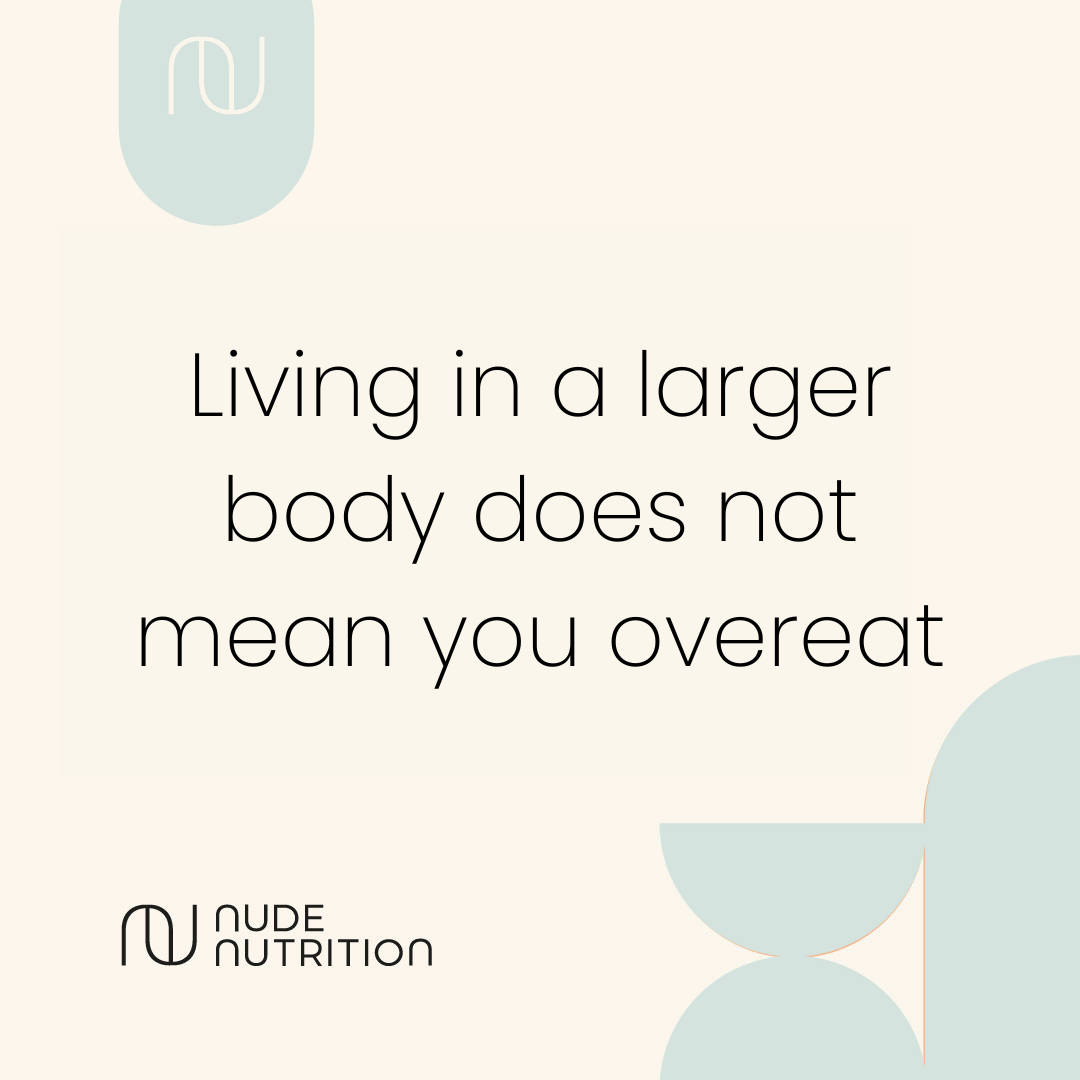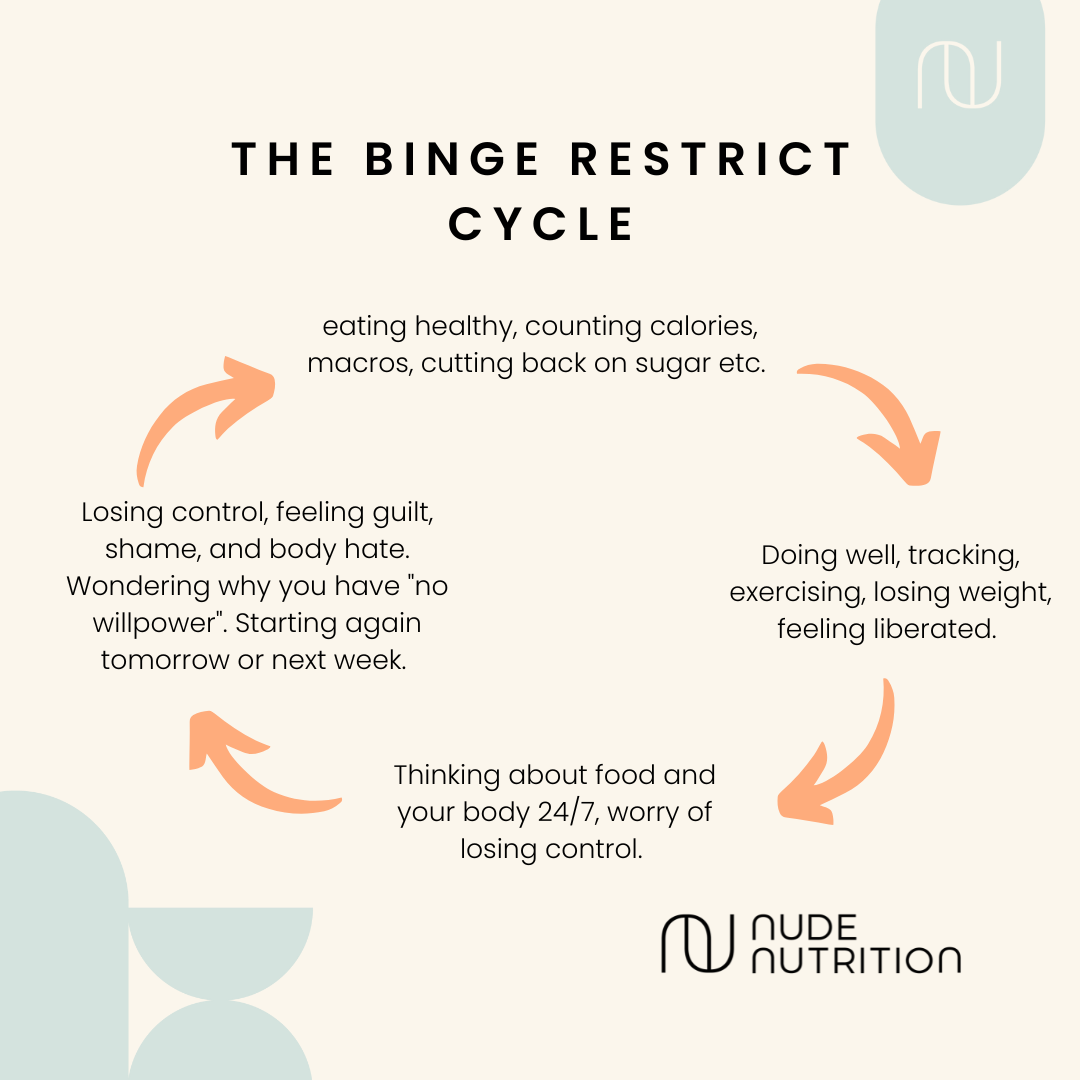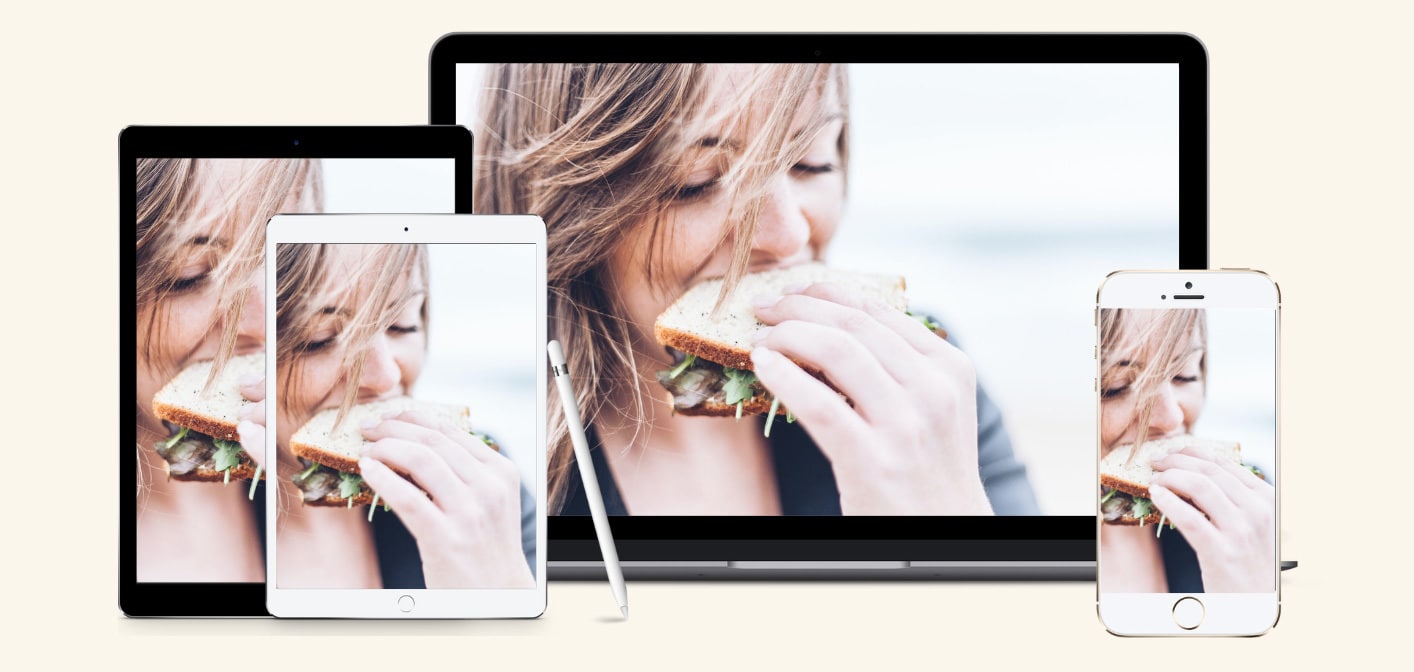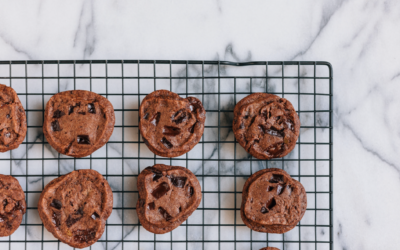Below are some common concerns clients come to us with about how to stop secret eating…
“Why can’t I stop binge eating in secret and not stop myself?”
“Why do I keep eating in secret at night?”
“Is secret eating damaging my physical and mental health?”
“Is secret eating a disorder?”
Secret eating is more common than you may think. In fact, a poll of 2000 women found that 6 in 10 engaged in secret eating. So if you’re battling with secret eating, please know you are not alone.
However, just because something is common, doesn’t mean you should have to put up with it.
If you are are worried about your, or someone you care about’s tendency to eat in secret, this article aims to answer any questions you may have. We will explain to you why it’s happening and what you can do about it.
What causes secret eating? – The key reasons you are secret eating
Factors contributing to secret eating can be grouped under 3 umbrellas. We will dive into these below. However, there can be many contributing factors and these may or may not feel relatable to you.
1. You want approval and/or are afraid of judgement
And of course you do, because you’re human. The predominant cultural narrative in the teaches us that certain foods are “good” others are “bad”. This leads us to feel shame when we eat perceived “bad” foods (e.g. chocolate, chips, takeaway, fatty foods). This shame is exacerbated when we eat these “bad” foods or “too much” food in front of others. And so naturally, we hide and eat in secret to avoid being judged and feeling shame.
This is supported by research, that has found that many people who eat in secret do so to avoid criticism and judgement from others. This fear of judgement not only increases the likelihood of secret eating, but also self-isolation and a decrease in support-seeking.
People living in larger bodies are particularly susceptible. And understandably so given the false messaging we receive that the larger you are, the more you must be eating. This just isn’t the case, as is backed by the research. No matter your body size, you NEED food and you deserve to find pleasure in eating, free from shame.

The way out of this shame trap is to learn about toxic diet culture, so you can be savvy to nutrition fact and fiction, and feel confident that you deserve to eat what you want in front of others (more on this below).
2. You are trying to reclaim a sense of control (often subconsciously)
As adults, we have a desire to have autonomy over our actions. When we have food rules placed on us, either by ourselves or by others (often parents or partners), our brains naturally want to rebel against this.
The participants this small 2012 study described their secret eating as a form of rebellion. They identified their behaviour as a way to reclaim a sense of power that they felt they had lost. An attempt to regain control is a common theme in people with disordered eating behaviours. Unfortunately, over time, we typically see the opposite occur as the behaviour takes control of the individual. Therefore finding alternative ways to experience empowerment can be a helpful way to reduce secret eating.
3. It’s a way you deal with tough emotions
In the 2012 study mentioned above, many participants said secret eating began as a way to relieve emotional distess. This might occur in the form of emotional or comfort eating. Or it could be related to point one above, and wanting to avoid the guilt, shame and feelings of imperfection that can come with eating foods that you think you shouldn’t.
There you have it, some of the key reasons you’re secret eating. Do you relate to any of the above?
Is secret eating a disorder?
Secret eating is not considered a diagnosable eating disorder. There is however, a definite link between secret eating and eating disorders.
So…what’s the link?
Many researchers believe secret eating may increase the risk of developing an eating disorder.
- One large study found that teens who eat secretively are more likely to engage in restriction and purging than those who don’t.
- Another study among adults found that the more frequently secret eating occurred, the greater the individuals concerns were around food, weight and shape.
Secret eating is also part of the diagnostic criteria for binge eating disorder. However, secret eating can also be distinct from binge eating. Whilst binge eating often involves secrecy, secret eating does not always necessarily include the large volumes of food or perceived loss of control that characterise binge eating.
One study of adults with binge eating disorder found that about half engaged in secret eating outside of their binge eating episodes. demonstrating that these behaviours can be separate.
Please know that just because secret eating may not meet the criteria for a certain diagnosis, this does not make your struggle any less valid or worthy of support.
4 Strategies To Stop Secret Eating
Are you wondering, “why can’t I stop secret eating?” Well, we are here to tell you that with the right support, knowledge and tools, you can! The below are some tips to get you started.
1. Learn about diet culture
“Don’t exceed 1200 calories per day”
“Perfect this workout to get killer abs”
“Follow this cleanse to burn X kg in 5 days”
This is diet culture. Diet culture is everywhere and the subliminal messaging is feeds us has these core messages:
1) You must “fix” your body or alter your size to be happy and healthy
2) To eat healthy or to diet is to be morally virtuous
3) Thinner = healthier
All of the above are mostly false messages designed to get you to buy things. Learning about diet culture means diving into the science and information that will help you understand this, so you can move away from it.
Once you reject diet culture, you can move toward a more free and satisfying relationship with food and your body. And this will in turn reduce your desire to eat in secret.
2. Make peace with food
One important step to stop secret eating… allow yourself unconditional permission to eat ALL foods.
A little scary, right? But also exciting!
This can be really hard to do when we live in a diet culture where food is given a moral value. That is, foods that are seen to be associated with thinness and “health” = good. And any other food = bad.
That’s where the diet cycle kicks in:

Does this cycle sound familiar?
The only way to stop the cycle is to cut it off at the beginning. Allow yourself regular satisfying meals, but also allow yourself to eat ALL foods. No labels, no good or bad foods, because really, no food is morally good or bad. It’s all just food (unless you have an allergy, or clinical condition – of course, stick with your healthcare providers advice!).
One of the reasons having unconditional permission to eat is so important is because of the habituation response. Habituation refers to the way we quickly adapt to a repeated experience. Novelty and pleasure wane with exposure. This applies to many areas of life. For example, buying a new item of clothing. At first wearing, it might be very exciting, but it wears off over time. And so habituation also happens with eating food
Why not start by picking one “forbidden food” and do an experiment. Give yourself true permission to eat as much of it as you want, whenever you want, and see what happens.
3. Learn to respect your here and now body
There is a lot to be said on this. More than we can cover in this blog post. If you have been at war with your body for some time; how might it feel to try to find peace? You don’t have to love your body or even like it to begin. You just have to recognise that your body deserves your respect and care, no matter it’s size or how you feel about how it looks. It is possible to find true health and peace, regardless of your body shape and size. Don’t believe me – check out these video testimonials from dozens of our clients who have done just that.
4. Learn to deal with your emotions, without always turning to food.
Check out my article on How to Navigate Emotional Eating for more on this.
So there you have it; Our 4 top tips to stop secret eating. These 4 strategies are all engrained into the framework of Intuitive Eating. Intuitive Eating is an evidence based approach to help improve your relationship with food, have better self-control around food, and manage secret eating. Intuitive eating can help you learn to honour your health by listening and responding to the messages of your body. This helps you to meet your physical and mental needs based on your terms and move away from external diet tools such as the time of day, points systems, calorie tracking, rigid rules or meal plans – which can all exacerbate secret eating. You can learn more about Intuitive Eating here.






